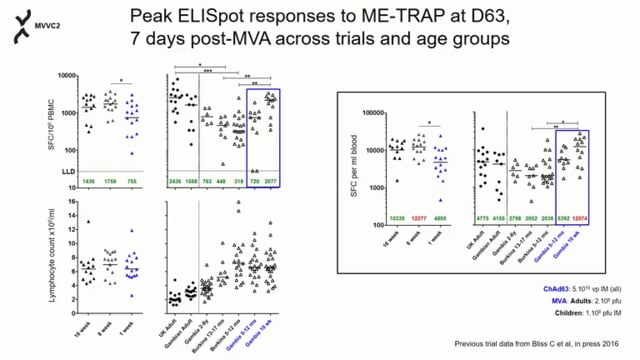Last Updated: 13/12/2024
Safety, immunogenicity and efficacy of Rh5.2-VLP/Matrix M and Rh5.1/Matrix M in various regimens
Objectives
The aim is to use this vaccine and adjuvant to help the body make an immune response against parts of the malaria parasite.
The specific objectives are to assess:
- The safety of the vaccine in healthy participants.
- The response of the human immune system to the vaccine.
- The ability of the vaccine to prevent malaria illness (Group 2 only). We will do this by giving healthy adult participants (aged 18-45) three of the vaccines and/or exposing participants to malaria infection at the Centre for Clinical Vaccinology and Tropical Medicine (CCVTM), Churchill Hospital in Oxford.
Malaria is a major public health problem. There were around 240 million cases of malaria and 627,000 deaths worldwide in 2020. There is a great need for a safe, effective malaria vaccine and the team at the University of Oxford is trying to make vaccine(s) which can prevent serious illness and death.
This study is being done to assess an experimental malaria vaccine for its ability to prevent malaria illness. This is done using a ‘blood-stage challenge model’. This is when volunteers are infected with malaria parasites using malaria-infected red blood cells.
The vaccine we are testing in this part of the study is called “RH5.2-VLP”. It is given with an adjuvant called “Matrix-M”. This is a substance to improve the body’s response to a vaccination. RH5.2-VLP is being tested for the first time in humans in this trial. The Matrix-M adjuvant has been given to tens of thousands of people, with no major concerns, such as illness.
Study type: Interventional
Enrollment: 58 participants
Primary purpose: Prevention
Allocation: Non-Randomized
Interventional Model: Parallel assignment
Masking: Open label
NCT number: NCT05978037
Phase: Phase I/II


